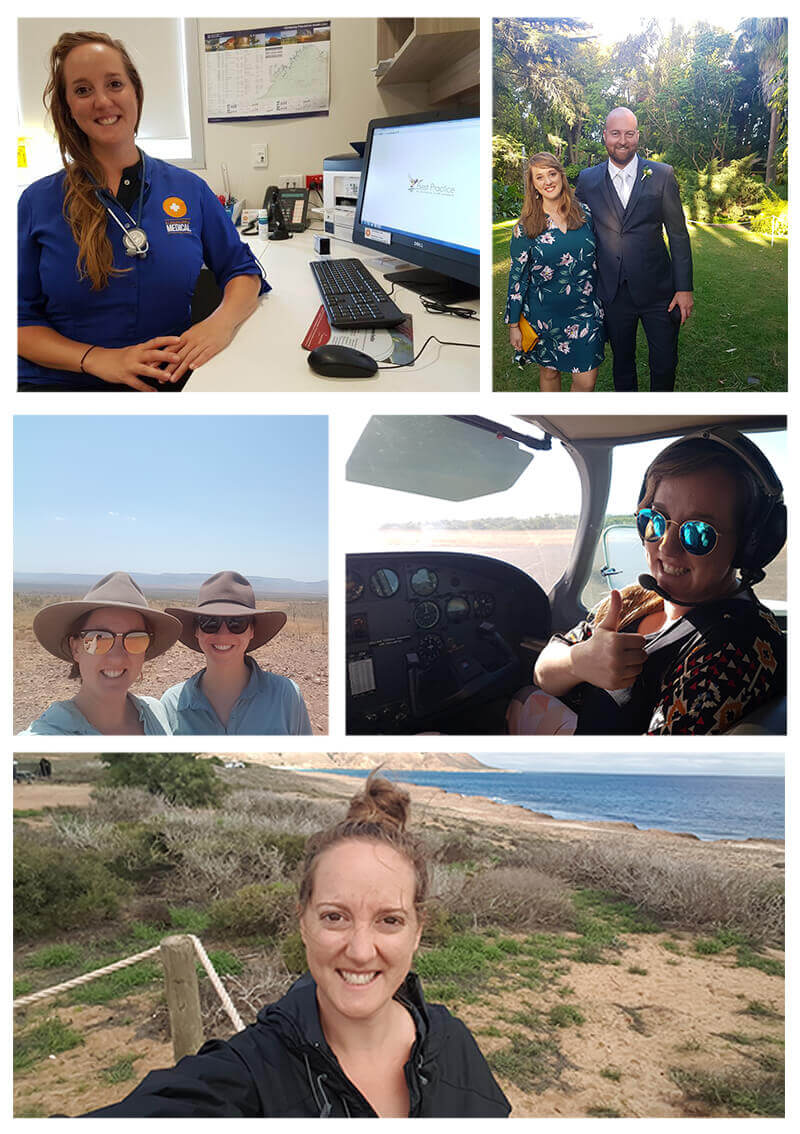Dr Alice Fitzgerald grew up and went to medical school in Adelaide before she decided she needed a change of scenery and moved across to Perth to complete her internship at the Royal Perth Hospital. She is now based in the far northern Western Australia town of in Kununurra, located at the eastern extremity of the Kimberley Region.

What made you want to pursue a career as a rural GP?
Early in medical school we did a week-long visit to a rural town about 4 hours from Adelaide. I vividly remember meeting such a diverse, passionate group of rural GPs – they had families, interests outside of medicine, were involved in their communities, and had fascinating stories to tell about their work. I was so inspired by them that I spent as much time as a I could in my clinical years of medical school in rural areas on various placements, which further cemented my decision to pursue a career as a rural GP.
Why did you choose to train with ACRRM?
I chose ACRRM as it recognises that being a GP in an urban setting is essentially a different career compared to being a rural or remote GP. Each type of GP, whether urban or rural based, face unique challenges and I felt from the outset that ACRRM were dedicated to a training program that differentiates these challenges and prepares you for those you face in the rural and remote settings.
What are some things you might normally do in a day/week as a rural generalist?
I work in a town with a population of about 6000. I work 2 days a week in private practice, one day a week as a medical educator for our rural medical students and the remainder of the time working for the local hospital which involves doing a mix of emergency, ward work, outreach clinics to remote communities and my procedure skill is obstetrics. This is the reason I love being a rural GP as the diversity is incredible. One day you are managing a multi-trauma and the next you are congratulating a young couple on their first positive pregnancy test. You get to be around for that couples’ pregnancy, delivery and get to know the baby as it starts to grow. I can’t think of many other jobs that provide such a range of cases.
Do you have any career highlights so far?
I think one of the nicest parts of my career to date has been my involvement in caring for the pregnant women in some of our remote communities. It’s seeing those shy young women who slowly open up during their antenatal visits or when they are holding your hand saying ‘sister sister’ during their labour, but mostly I love seeing their proud faces when they come back to the remote clinic to show off their thriving bubbas.
What do you hope to do in the future?
I plan to take some well-earned time off to travel this year and then return to my current job. I have made a real connection with the community here and feel that I have plenty more I can give. I am near completion of a master’s in public health/tropical medicine and I hope this will open up some career options for overseas aid work. In the longer term I think a slower paced seaside town where the weather is a touch cooler is where I will end up working out my days.

